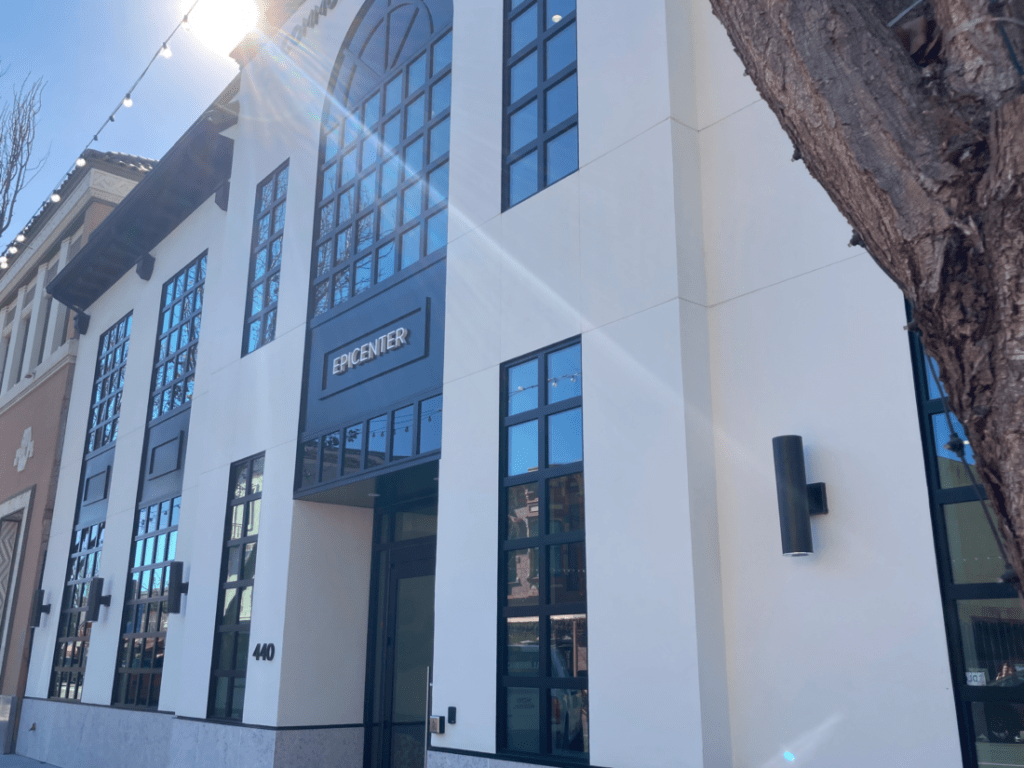About Us
The CASA program recruits, trains and prepares volunteers to become advocates for foster children.
Mission


Organizational values
- Children should feel safe and protected wherever they live.
- Children deserve to be treated with respect and dignity and have their opinions validated.
- Children in our communities are everyone’s responsibility.
- Our society has developed and implements systems to remove children, who are victims of abuse and/or neglect, from their parents to ensure their safety and well-being. Therefore, as a society we must be responsible. As a society, we must not only expect the system to care for these children, rather, we must hold each other responsible, ensuring the children’s safety, welfare, and dignity are upheld in the process.
- CASA is the organization designated to educate the community and be a spokesperson on issues of child maltreatment, always keeping the welfare of the child the priority.
Our influence
In addition to our services to abused, neglected and/or abandoned children, our program advocates for those youth opting to remain in the dependency system after age 18. CASA San Benito provides community education and awareness concerning issues of child abuse, neglect and child welfare policy.
We are members of the Child Abuse Prevention Council (CAPC) in San Benito County, and committed to strive for public policies that promote child abuse prevention and reforms in the Juvenile Foster Care and Social Welfare system.


Professional associations
Focus of advocacy
CASA’s advocacy focuses on the best interest of the child and is primarily broken down into four areas: placement, health matters, education, and social development. Advocates use the following guidelines to direct their casework:
- Assess Placement : how well is the child doing in his/her foster home, group home, with a relative, or near kin; how does the child get along with adults and other children
- Follow-up on Details : examine issues such as connections with siblings, reactions towards reunifying with parents; attention to medical or dental needs
- Track Educational Progress : work with teachers, schools, and foster parents for greater success in school; ensure youth’s educational rights are upheld
- Foster Healthy Lifestyles : promote extracurricular activities, pursuit of interests, model positive conflict resolution
- Empower Children : encourage children to speak up for their needs and take a positive stand for their future
Report to the Judge: provide him/her detailed information and more personal observations with which to make decisions
Our process
CASA of San Benito County receives referrals from the Judge of the Juvenile Dependency Court. When appointed, a trained volunteer advocate reviews the case information and consults with professionals to develop a case plan. Working closely with the other partners in the system – social workers, attorneys, foster parents, group homes – the advocate prepares a case plan focusing on the priority issue for the child.
Prior to each court hearing, the advocate prepares a court report with their evaluations and recommendations for the child. The Juvenile Court Judge considers the CASA report along with the social worker’s report prior to making a decision.
CASA advocates are unique in providing information not usually available to the Court. Through consistent personal contact with the child, the advocate’s perspective provides objective and invaluable recommendations to the judge to help guide his or her decisions.

